Apple Promotes New Apple Pay UK Bank Account Balance Feature
Apple today highlighted the ability in iOS 17.1 for UK users to connect their credit and debit cards in Apple Wallet and easily access information like account balance, spending history, and more.
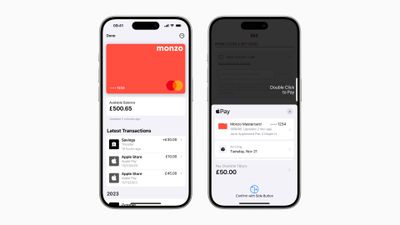
Users can view their up-to-date bank card balance, payments, deposits, and withdrawals in Wallet and when they're checking out with Apple Pay online or in-apps. Apple says the new feature "empowers users to make more informed purchases, increases their confidence when making a transaction, and allows them to simply view frequent information so that they have more control when it comes to their finances."
From Apple's press release:
"By enabling users to conveniently access their most useful account information within Wallet and at the time of their purchase, they can make informed financial decisions and better understand and manage their spend," said Jennifer Bailey, Apple's vice president of Apple Pay and Apple Wallet. "We look forward to working with U.K. partners under the Open Banking initiative to help users better their financial health, and provide more ways in which banks can deepen their relationships with customers."
Apple added the transaction and card balance functionality to the Wallet app in October's iOS 17.1 update as part of its Connected Cards feature, and several banks have since come on board, including Barclays, Barclaycard, First Direct, Halifax, HSBC, Lloyds, M&S Bank, Monzo Bank, NatWest Bank, and Royal Bank of Scotland.
UK banks support the Open Banking API to integrate with the Wallet app, which has made the feature widely available to UK users, while the Connected Cards rollout in the United States has lagged behind.
Popular Stories
iOS 17.2 has been in beta testing for over a month, and it should be released to all users in a few more weeks. The software update includes many new features and changes for iPhones, including the dozen that we have highlighted below. iOS 17.2 is expected to be released to the public in mid-December. To learn about even more features coming in the update, check out our full list. Journal ...
Unidentified governments are surveilling smartphone users by tracking push notifications that move through Google's and Apple's servers, a US senator warned on Wednesday (via Reuters). In a letter to the Department of Justice, Senator Ron Wyden said foreign officials were demanding the data from the tech giants to track smartphones. The traffic flowing from apps that send push notifications...
Apple today released new firmware update for both the Lightning and USB-C versions of the AirPods Pro 2. The new firmware is version 6B34, up from the 6B32 firmware introduced in November. Apple does not provide details on what features might be included in the refreshed firmware beyond "bug fixes and other improvements," so it is unclear what's new in the update, but prior software releases ...
The iOS 17.2 update that Apple is set to release to the public in the near future will bring support for the next-generation Qi2 wireless charging standard to the iPhone 13 and iPhone 14 models. Qi2 was mentioned in the release notes for the RC version of the update that came out today. With the addition of support for the new standard, iPhone 13 and iPhone 14 models will work with Qi2...
Apple's Korean suppliers have begun developing smartphone under-display cameras (UDC), paving the way for the first iPhone with a true "all-screen" appearance. According to The Elec, LG Innotek has entered the preliminary development of the UDC, which sits under the display and does not result in a visible hole in the panel when the camera is not in use. A UDC differs from a typical front ...
Today we're tracking a collection of deals that are matching - or nearly matching - the same all-time low discounts we saw during Black Friday. This includes the AirPods Pro 2 with USB-C, 9th generation iPad, and M1 MacBook Air. Note: MacRumors is an affiliate partner with some of these vendors. When you click a link and make a purchase, we may receive a small payment, which helps us keep the ...
Recently, MacRumors has received details on the battery currently being tested on the upcoming fourth-generation iPhone SE, and the information corroborates previous findings in relation to the device. The iPhone SE 4, known by its device identifier D59, is expected to use the exact same battery found in the base model iPhone 14. Partially assembled prototypes of the next iPhone SE have been ...
Meta has revealed plans to end Instagram users' ability to chat with Facebook accounts later this month, rolling back a feature that it introduced over three years ago. In September 2020, Meta (then Facebook) announced it was merging its Facebook Messenger service with Instagram direct messaging, allowing Instagram users to chat with Facebook users and vice versa using the same platform....



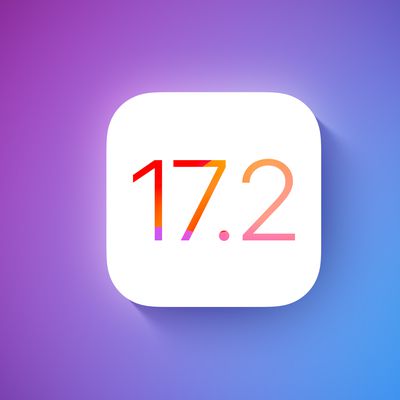
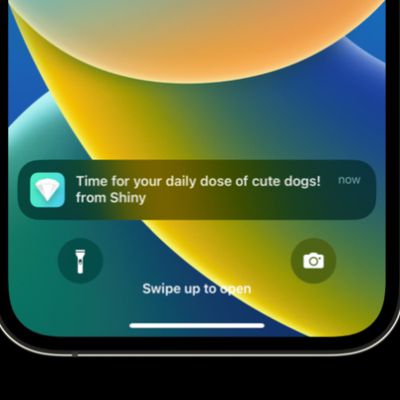
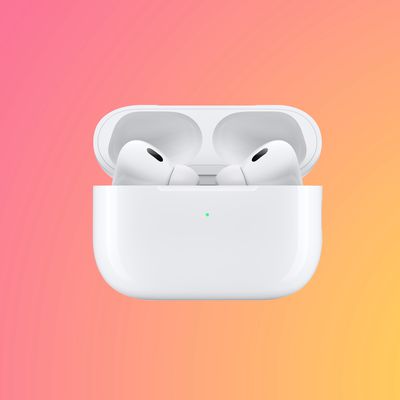
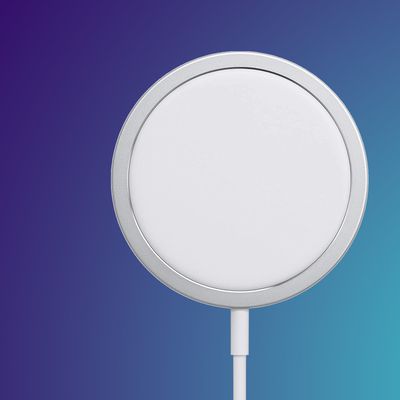
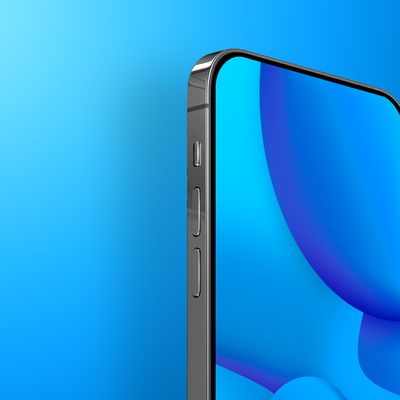

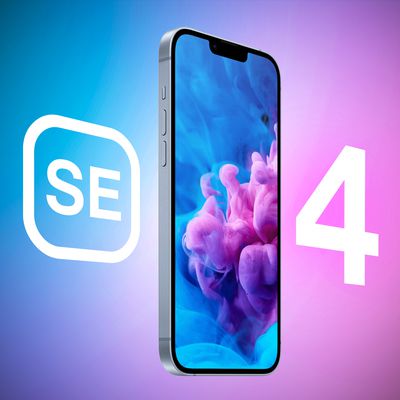
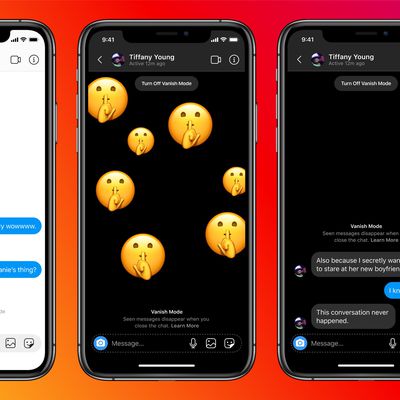


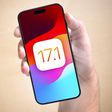





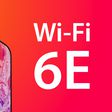

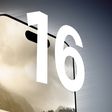
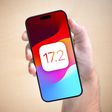

Top Rated Comments
With this wallet feature I can see immediately my balance and my transactions. I think is really really good.
Curious what is keeping them from getting it done.
Open Banking connections can't make transactions, only pull in details of existing transactions and balances,
That's what it's for.
It's how all the credit agencies work in the UK, and in my case makes my accounting far easier by allowing me to tie my company accounts to my bank accounts (Quickbooks).
As with everything else governed by the EUs Revised Payment Service Directive (PSD2), which has was adopted into UK law a part of the Brexit transition, open banking requires Secure Customer Authentication for every Third-Party Payment transaction. The only exceptions are VRPs, and those are currently only mandated for sweeping.
Which is to say that you should need to go into your bank's app to authorize any payment made through another app or service with the only exception being when transferring money between different accounts you personally own.
It is expected Virtual Recurring Payments will replace both direct debits and having services save your card details for taking payments. But even then you will still need you to first set up the mandate, which requires SCA, so it is similar to direct debits but with more security, flexibility, and control. The result is any businesses, services, and apps you allow to initiate payments only need a token rather than account details, making it more secure, and you can cancel the token at any time.
With VRPs the responsibility for authentication is delegated to the third party Payment Initiation Service Provider. So you will not need to switch apps to approve transactions that are with your chosen limits. But any such service has to be regulated by the FCA and you can claim fraudulent payments be refunded.
So in this way it is no different to using Apple Pay, where you do not have to approve payments through your bank's app as Apple takes on the authentication responsibility. Which is why it requires a biometric or passcode approval for payments, other than public transport Express Mode
As authentication is delegated with VRPs, not removed, the open banking providers need to provide their own authentication as part of the PSD2 regulations. Which as they will otherwise be liable in cases of fraud they will obviously want to put their own measures in place anyway.